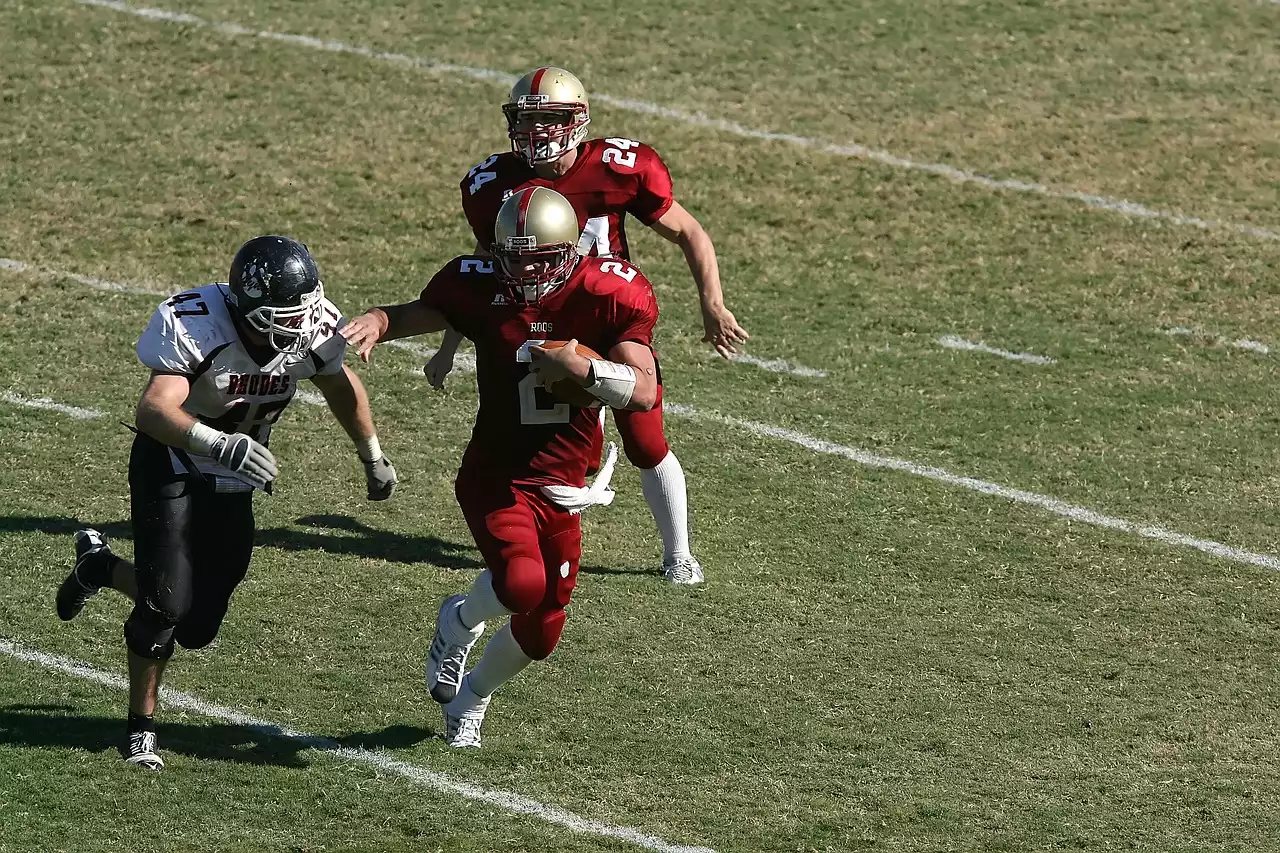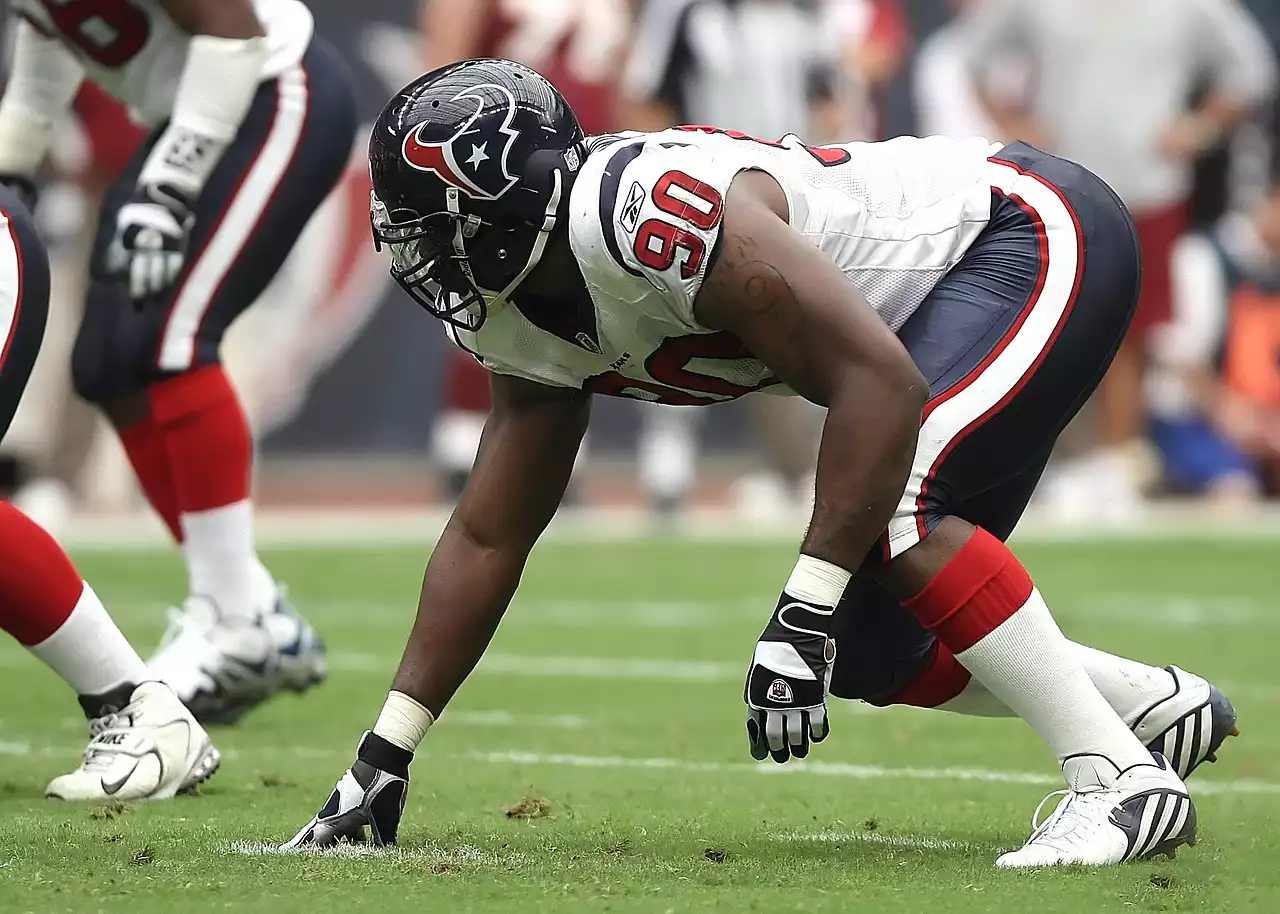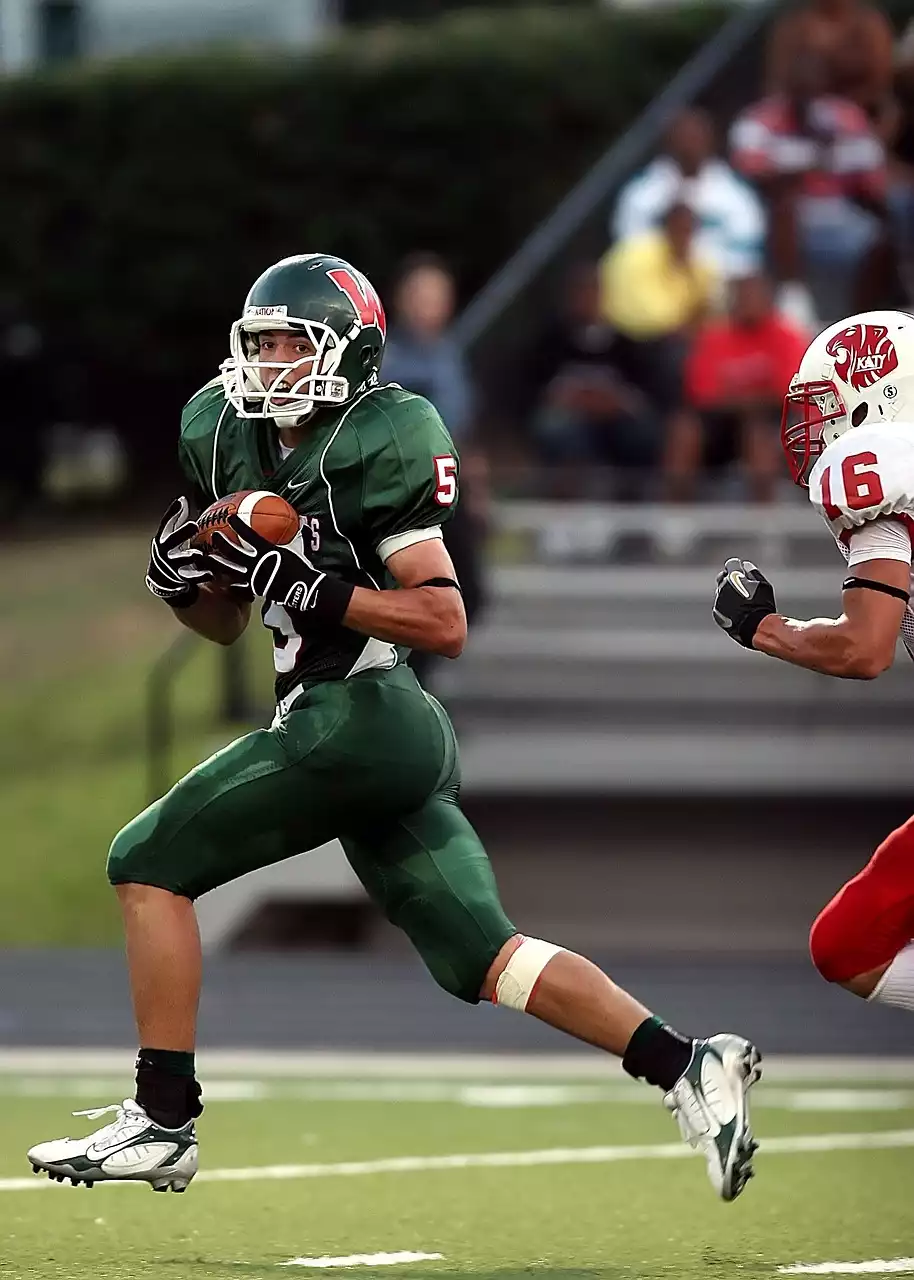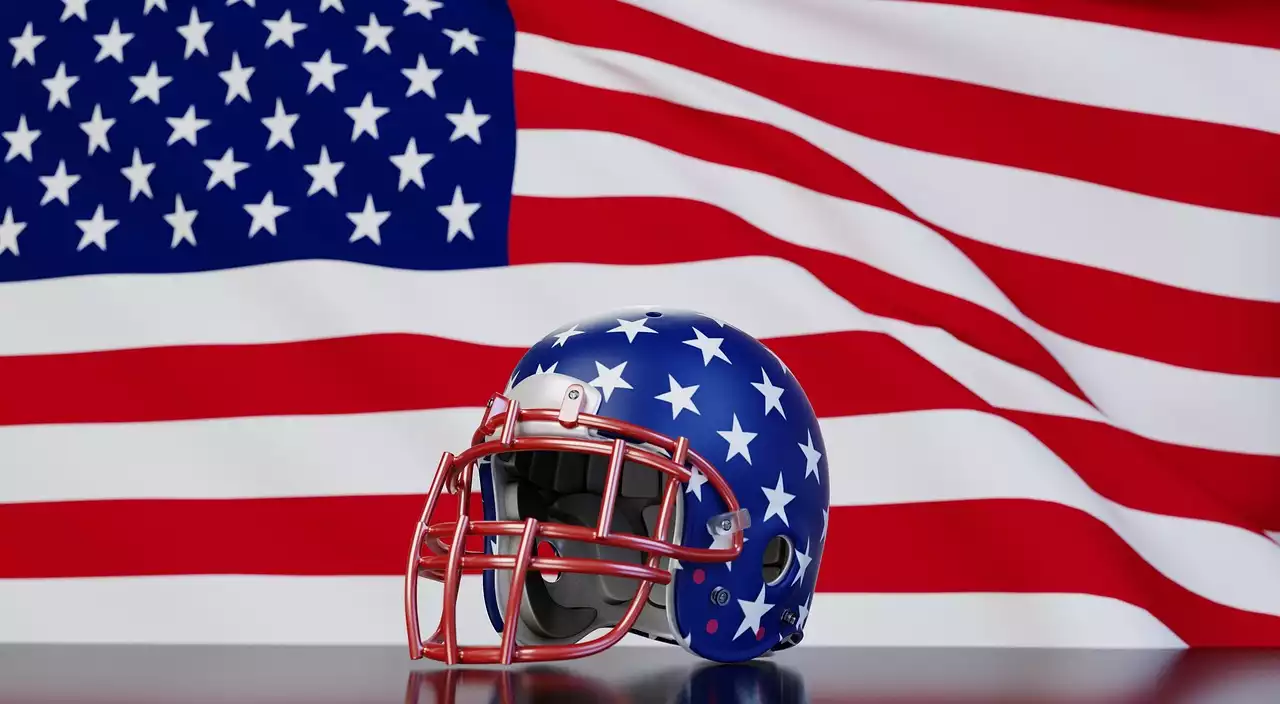The Evolution of the Passing Game in Football
Football has come a long way since its inception in the late 19th century. The game has evolved over the years, with new rules, strategies, and technologies being introduced. One of the most significant changes in football has been the evolution of the passing game. In the early days of football, passing was not a common practice. Teams relied on running plays to move the ball down the field, and quarterbacks were mainly responsible for handing the ball off to running backs.
However, with the advent of the T-formation in the 1940s, passing became more prevalent in football. The T-formation allowed quarterbacks to line up directly behind the center, giving them a better view of the field and allowing them to throw the ball more effectively. This formation paved the way for the modern passing game we see today.
Manning's Impact on the Modern Passing Game
Peyton Manning took the modern passing game to a whole new level. He was a master at reading defenses and making split-second decisions. Manning was known for his ability to audible at the line of scrimmage, changing the play based on what he saw from the defense. This allowed him to exploit weaknesses in the defense and make big plays.
Manning was also a student of the game, spending countless hours studying film and analyzing defenses. He was always looking for ways to improve his game and gain an advantage over his opponents. This dedication to his craft was one of the reasons why he was so successful on the field.
Manning's Signature Plays and Strategies
One of Manning's signature plays was the "Omaha" call. This call was used to signal an audible, and it quickly became one of the most famous calls in football. The call was so popular that it became a meme, and even the city of Omaha, Nebraska, embraced it.
Manning was also known for his use of the no-huddle offense. This strategy involved calling plays at the line of scrimmage without huddling up, which allowed the offense to keep the defense off-balance and dictate the pace of the game. Manning was a master at running the no-huddle offense, and it was one of the reasons why he was so successful on the field.
Manning's Work Ethic and Preparation
One of the things that set Peyton Manning apart from other quarterbacks was his work ethic and preparation. Manning was known for his attention to detail and his relentless pursuit of excellence. He spent countless hours studying film and analyzing defenses, looking for any advantage he could find.
Manning was also a stickler for practice, often staying late after practice to work on his throws and footwork. He was always looking for ways to improve his game and gain an edge over his opponents. This dedication to his craft was one of the reasons why he was able to play at such a high level for so many years.
Manning's Leadership and Influence on Teammates
Peyton Manning was not just a great quarterback; he was also a great leader. He had a commanding presence on the field and was respected by his teammates and coaches alike. Manning was known for his ability to inspire and motivate his teammates, and he led by example.
Manning's leadership was especially evident during his time with the Indianapolis Colts. He took a struggling franchise and turned it into a perennial contender. He led the Colts to numerous division titles and a Super Bowl victory in 2007.
Manning's Legacy in Football History
Peyton Manning's legacy in football history is secure. He is widely regarded as one of the greatest quarterbacks of all time, with numerous records and accolades to his name. Manning holds the record for most touchdown passes in a season (55) and most career touchdown passes (539). He also has two Super Bowl victories to his name, one with the Indianapolis Colts and one with the Denver Broncos.
Manning's impact on the modern passing game is also significant. He revolutionized the quarterback position with his strategic approach and ability to read defenses. His signature plays and strategies, such as the "Omaha" call and the no-huddle offense, have become staples of modern football.
Quotes from Coaches and Players about Manning's Impact
"Peyton Manning is the best quarterback I've ever coached." - Tony Dungy, former head coach of the Indianapolis Colts
"Peyton Manning is one of the smartest quarterbacks I've ever been around. He's a student of the game, and he's always looking for ways to improve." - Tom Brady, quarterback for the Tampa Bay Buccaneers
"He's the best quarterback I've ever played against. He can do everything. He can read defenses, he can make all the throws, and he's a great leader." - Ray Lewis, former linebacker for the Baltimore Ravens
Manning's Post-Football Career and Philanthropic Work
Since retiring from football in 2016, Peyton Manning has remained active in the world of sports. He has worked as a commentator for ESPN and has served as a mentor to young quarterbacks, including Drew Lock of the Denver Broncos.
Manning has also been active in philanthropy, supporting a number of charitable organizations. He has worked with the PeyBack Foundation, which provides opportunities for underprivileged children in Colorado, Tennessee, and Louisiana. Manning's dedication to giving back is just another example of his leadership and commitment to excellence both on and off the field.










